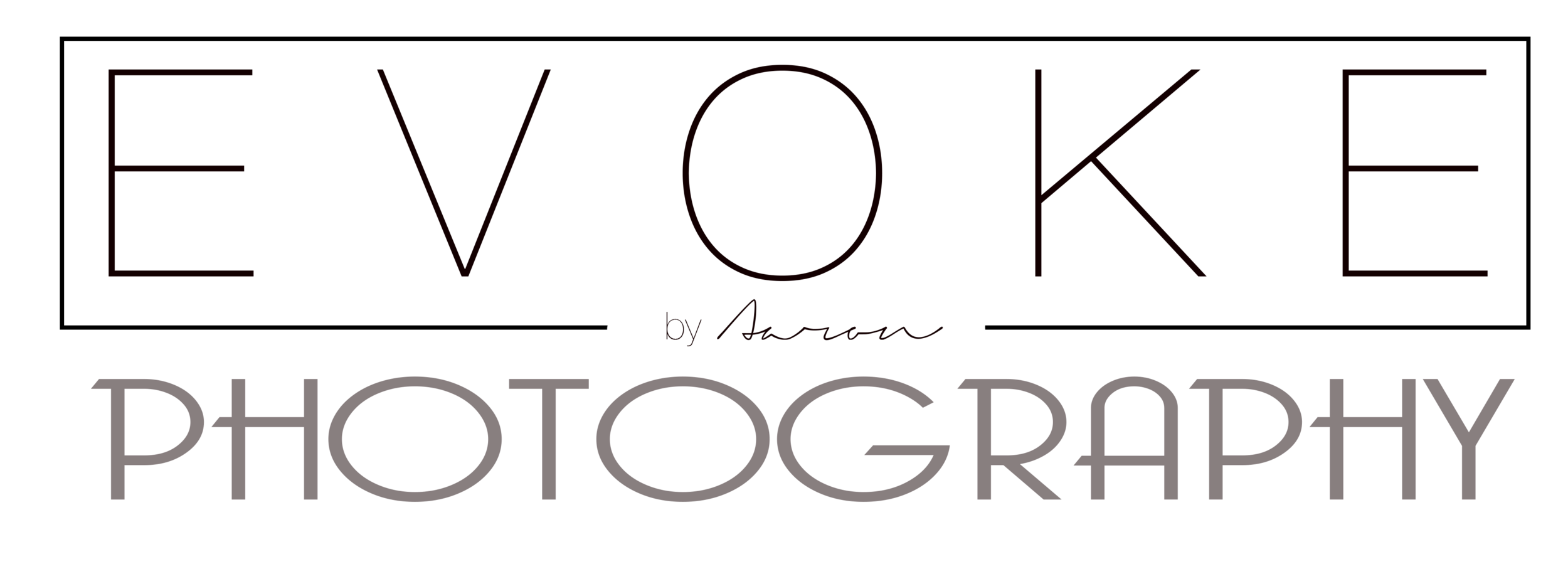Leaving high school and studying with the big boys in tertiary education can be scary, fun, or a big mistake waiting to happen if you make the wrong choices. Here are 3 tips or things to consider before enrolling for your first diploma program.
PIC: One of my students from Korea.
1. What are your area of interest?
Forget what your mother thinks is best for you. You're a grown up person, think for yourself. What is it that you are most interested in studying? Media? Psychology? Bartending? or plain old boring Business & Economics? Never make the mistake of choosing the "safe" course to study to ensure job security. In today's world, jobs will come to whomever sells themselves well. This may be easier for some as compared to others. You may not know where your interest lies and that's okay. Go for a course where you feel you will be interested to know more of. Not a course that you think will help you get a job. You do not want to end up 5 years later regretting taking up that Business course only to know you should've studied design. So it helps to do a little googling of the program modules to get a vague idea or speak to the academics of the institution. DO NOT ever get into a conversation with the sales rep of a private institution to tell you what is good for you. They have a quota to fill, as such they will push whatever they feel can sell. Not necessary what is always good for you. So spend your time in the shower thinking deep into your area of interest. and you can thank me later when you feel that lecture hours just aren't enough to quench your thirst for knowledge.
2. What can you afford?
No parents want to send their kids to a community college if they can afford a private institution. However, not everybody's dad is Donald Trump. As a almost-adult, be sensitive to your family's financial power and make your choices from there. If you are self sufficient, then great. But if you rely on your parents to foot the bills for the next 3-4 years, you better choose a college that is affordable. Take a student loan and spend it wisely, on necessities. Not the latest iPhone. Though I'm sure most of you will go down that path (i was once a student too). I've seen many idiots and brats that insist they enroll in the most commercially well known college in the country where all the "cool students" go to only to burn a big fat hole in their parents pockets struggling to find that next paycheck for your tuition bills. A good guide, would be the following: A relatively affordable tuition fee would be $10,000 for a diploma program. Double that if you prefer the "cool" colleges. A word for those with no financial barriers to consider, just because you can afford it, does not necessarily mean it is best for you. Sometimes the best teachers are in the community colleges and public universities. Choosing an institution just because it is popular and located in the city only tells people you are in it for all the wrong reasons.
3. Think for the next 5 years.
Once you start your diploma program, you will probably spend the next 3 years studying until you graduate with your Bachelors Degree. First, if you are committed in a relationship, NEVER EVER let that be a deciding factor unless you're married. Chances are you are 17 or 18. I'm not going to say you will always find someone else, but chances of you sticking by that boy or girl that you're with is slim at best. And any relationship worth its salt should withstand a little distance. Not only it will help both of you grow up and mature as a person, it will make your relationship stronger. Assuming you last that long of course. Moving forward, it will also benefit to have relatives or close friends the cities where you can stay if your course offers an internship program. An internship could be the best thing that can happen to you and help you decide if the industry is right for you. Having said that, it brings me to my final point which is fall back. Ensure that whatever you study, its knowledge can be transferred to other industries where you can work. For example, I was a producer for about a year before knowing I'm in the wrong industry. As such, I move on to teaching and being an academic. The knowledge you acquire may not always be applied in a directly related job in the field. Think deeply on how you can transfer those skills and knowledge into something else. This not only ensures sustainability, but it also gives a sense of relief to your parents when day find out soon that you wish to pursue a diploma in psychology instead of business.

